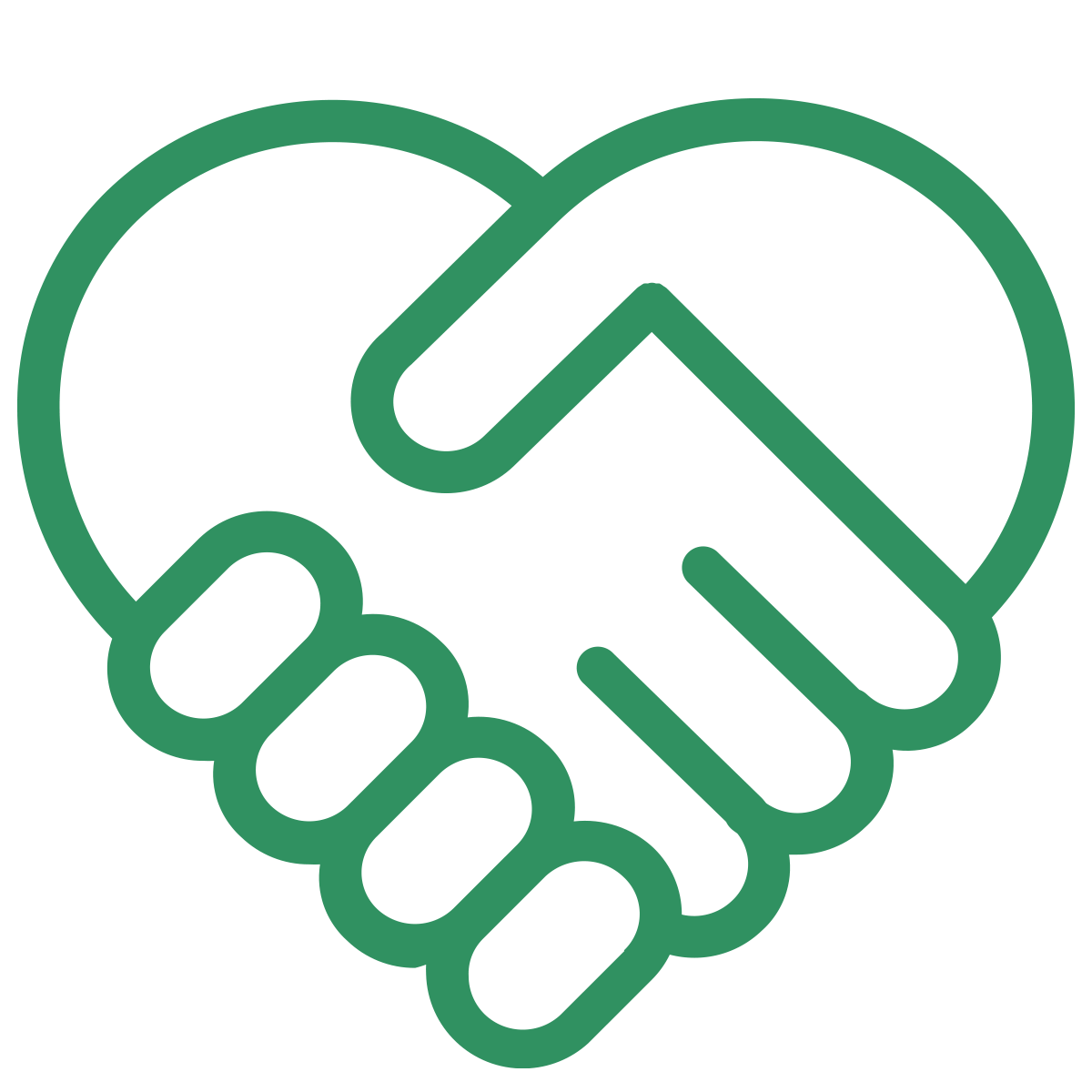Start a meeting
How to Start and Maintain a New Meeting & Sangha
Frequently Asked Questions
How do I get my meeting added to the meeting list?
Email meetings@recoverydharma.org with the following information:
(1) Meeting Day/Time in EST
(2) Meeting Address (if in-person) as well as any necessary helpful location details (e.g. “enter in back”).
(3) Meeting Zoom URL (if online only or hybrid) as well as any necessary passcode info.
(4) Meeting Length
(5) Any other meeting details you wish to appear in the listing, including if your meeting is focused on a specific format (Book Study, Speaker, etc.) topic (Mental Health, Mindful Eating, etc.) or identity (BIPOC Only, LGBTQIA+ Only, etc.)
(6) Contact Person Email Address
Creating a HEALTHY RECOVERY DHARMA SANGHA
Concrete suggestions from the experiences of the community, on how to start and maintain healthy, vibrant sangha groups.
Meetings
- Start a new meetings with 2 people or more: So that responsibilities can be shared. Meeting service positions may include: A facilitator, and a meditation person.
- Share and train service positions regularly: To maintain a healthy rotation of service, make it a regular practice to train anyone interested in being of service.
- Come early and stay late: Grow existing connections, make time for questions.
- Business Meetings: Hold business meetings quarterly (or monthly as needed). Give others the gift of doing service.
- Connect with nearby RD sanghas: Build regional connections by attending the online meetings of sanghas that are relatively close.

Growth
- Encourage the formation of Inquiry Groups or meetings where members are given either the time to write and/or to share their responses or insights from inquiry questions.
- When we believe it will contribute to our understanding and wisdom:
- We visit and become members of local Buddhist communities
- We attend retreats for Buddhist practices
- We use our Buddist practices in combination with other tools we’ve found helpful for our recoveries such as exercise, creativity, and other areas of spirituality and personal investigation.
Friends and Mentors
- Encourage wise friendships and mentorships: They are equally valid paths with the same destination of healing.
- Create space before and after meetings: For members to connect with each other.
- Reach out: Reach out between meetings.
- Encourage members to do inquiry work.
- Encourage members to create a network of support. A network of support offers more stable recovery than relying on a single individual.
- Take advantage of technology: Use technology to help members stay in touch.

Inquiry & Investigation
- Engage in ongoing inquiry and investigation for our own practice
- Creating an inquiry circle – weekly meetings dedicated specifically to work on completing inquiries
- Create opportunities for members to connect:
- Time and space after meeting for members to connect casually and share contact information
- Create a platform for members to connect and practice between meetings: Email lists, Slack Workspace, Discord Space, Facebook Group, Whatsapp etc.
- Designate someone as a greeter to answer questions and help new members get connected with others



